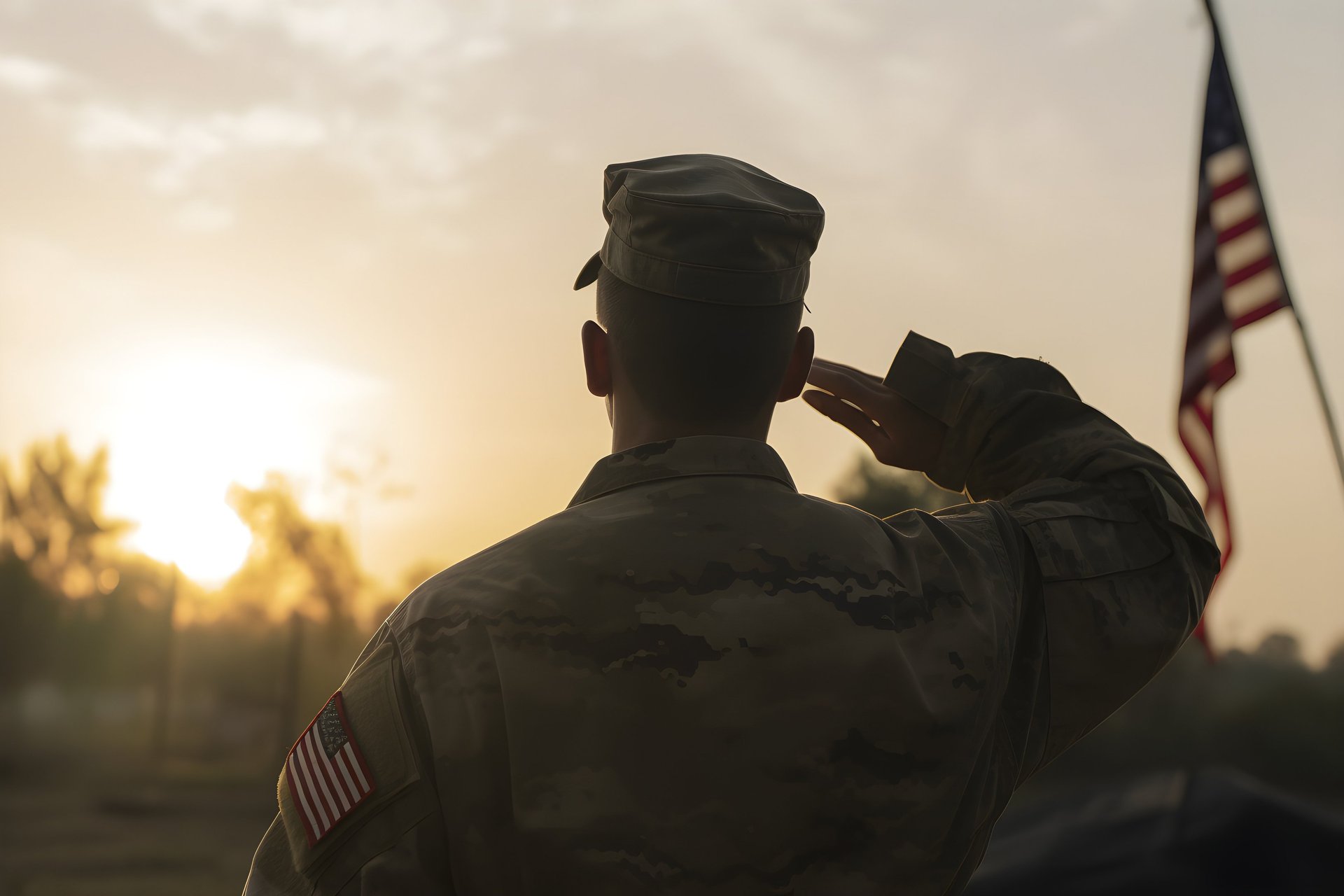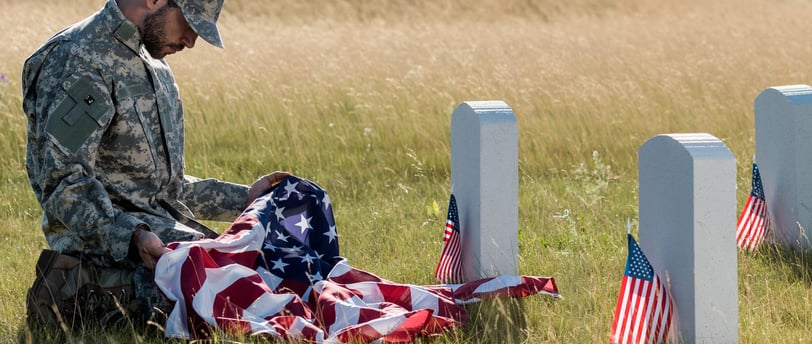
Honoring Our Heroes: The Importance of Preserving Veterans’ Burial Sites
1/1/20242 min read


Veterans' burial sites serve as a powerful tribute to the sacrifice and service of those who have fought for their country. Preserving these sites is not only a matter of respect but also an essential part of maintaining national heritage and fostering a sense of community and remembrance. Here’s why these burial sites are so significant:
1. Respect and Honor for Service
Veterans' burial sites provide a lasting place for families, friends, and fellow citizens to pay their respects and remember the courage and sacrifices of those who served. By maintaining these sites, we ensure that future generations understand the true cost of freedom and the devotion of military service members. It is an enduring gesture of honor to preserve the memory of their contributions.
2. Historical Significance
These burial sites are often tied to key moments in history, such as major wars and pivotal battles. The preservation of veterans' graves helps maintain historical records of those who fought in conflicts, providing invaluable insight into the stories of military service and the evolution of armed forces throughout time. They are not just personal monuments but also markers of broader historical narratives.
3. Cultural and Community Connection
Preserving veterans' graves is vital in fostering a sense of community among veterans, their families, and the public. These sites become focal points for communal events, such as Memorial Day services, where people gather to honor the fallen and reflect on the importance of their sacrifices. Veterans' cemeteries are also places for veterans' families to find peace, solace, and a sense of connection to the wider veteran community.
4. Educational Value
By preserving veterans' burial sites, we provide future generations with an opportunity to learn about military history and the sacrifices made by previous generations. Visitors to veterans' cemeteries often learn about the different wars and conflicts through the stories of those laid to rest there, helping to create a living history lesson. Many sites include monuments, plaques, and historical markers that offer educational insights into the service and impact of veterans.
5. Conservation of Monuments and Memorials
Many veterans' cemeteries contain monuments and memorials that honor the service of large groups, such as those who fought in particular wars or those who served in specific branches of the military. These monuments often feature intricate artwork and inscriptions that are significant cultural treasures. The conservation of these memorials is crucial to maintaining the integrity of the public memorials dedicated to honoring veterans.
6. National and State Legislation
In the United States, there are laws such as the National Cemetery Administration (NCA) regulations that aim to ensure the dignity and respect of veterans' final resting places. The NCA oversees the preservation of national cemeteries and ensures that these burial grounds are properly maintained. In addition, various nonprofit organizations and local veteran associations often take on the responsibility of maintaining local veterans’ burial sites, with a strong focus on stewardship and remembrance.
In conclusion, the preservation of veterans' burial sites is an essential task for honoring the heroes who served our country. These sacred grounds not only serve as places for personal and communal remembrance but also represent an important piece of history, culture, and national identity. Protecting these sites ensures that the sacrifices of our military heroes will not be forgotten, and that future generations will continue to honor their service.

Headquarters:
980 9th Street, #780, Sacramento, CA 95814
916-604-8067
info@legacyveterans.org


Los Angeles Office
1100 Glendon Ave, #580, Los Angeles, CA 90024
213-260-1719
Houston Office:
11757 Katy Fwy, #990, Houston, TX 77079
713-832-1350
